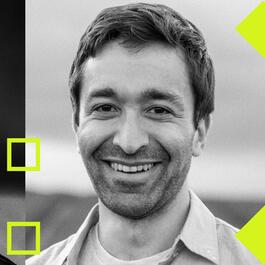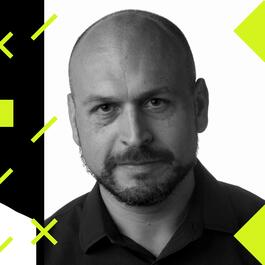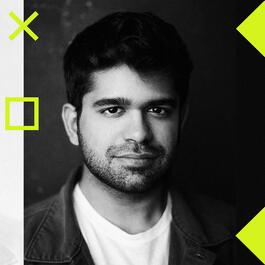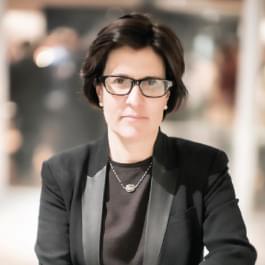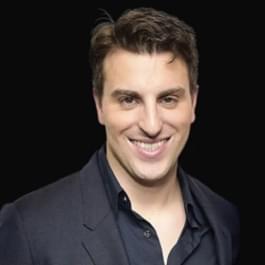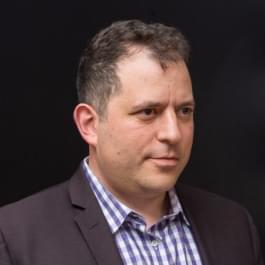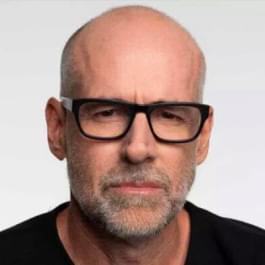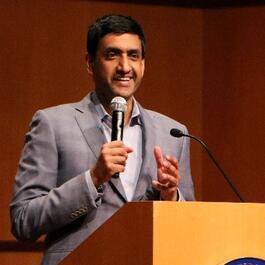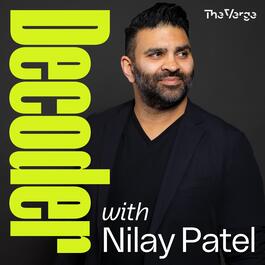
Decoder with Nilay Patel
Decoder is a show from The Verge about big ideas — and other problems. Verge editor-in-chief Nilay Patel talks to a diverse cast of innovators and policymakers at the frontiers of business and technology to reveal how they’re navigating an ever-changing landscape, what keeps them up at night, and what it all means for our shared future.
Show episodes
This is Alex Heath, your Thursday episode guest host and deputy editor at The Verge. Today I'm joined by Hayden Field, The Verge’s new senior AI reporter to talk about the AI talent wars and why some researchers are suddenly getting traded like their NBA superstars. Both Hayden and I have been reporting on this for the
This is CNBC journalist Jon Fortt. This is the last episode I’ll be guest-hosting for Nilay while he’s out on parental leave. My guest today is Richard Robinson, who is the cofounder and CEO of legal tech startup Robin AI. Richard is a corporate lawyer-turned-startup founder working on AI tools for the legal professio
This is Alex Heath, your Thursday episode guest host. Today I'm talking with Gaurav Misra, the CEO of Captions. You may not have heard of Captions yet, but by now, you’ve probably seen a video that was generated using its AI models. The company’s Mirage Studio platform lets anyone generate AI versions of real people, a
This is Jon Fortt, CNBC journalist. I’m guest-hosting for a couple more episodes of Decoder this summer while Nilay is out on parental leave. Today, I’m talking with a very special guest: Gil Duran, an old friend, journalist, and author of The Nerd Reich, a newsletter and forthcoming book about the shifting politics of
This is Alex Heath, deputy editor at The Verge. Nilay’s out on parental leave for the next few months, so I’ll be stepping in to host our Thursday episodes while he’s out. My guest today is Perplexity CEO Aravind Srinivas, who is betting that the browser is where more useful AI will get built. Perplexity just released
This is Jon Fortt, CNBC journalist, co-host of Closing Bell Overtime, and creator and host of the Fortt Knox podcast. I’m stepping in to guest host a few episodes of Decoder this summer while he’s out on parental leave, and I’m very excited for what we’ve been working on. For my first episode of Decoder, a show about h

